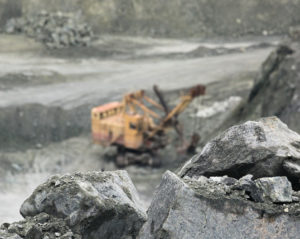
The Arizona Supreme Court recently agreed to hear the mesothelioma cancer lawsuit of a man who claims he developed serious health issues from asbestos dust brought home by his father while working in an industrial plant. The case could set an important precedent that would allow thousands of other mesothelioma cancer victims to sue for damages and hold wrongdoers accountable for their careless actions.
Commonly referred to as “take home” exposure, this type of mesothelioma cancer lawsuits is a serious point of contention for asbestos companies trying to skirt responsibility for the harm caused to innocent people. While many states like California, Tennessee, and New Jersey have laws on the books allowing take home exposure victims to hold asbestos companies responsible, Arizona has no such law.
Survivors Continue Claim on Behalf of Deceased Relative
 Asbestos & Mesothelioma Law Blog
Asbestos & Mesothelioma Law Blog


 Over 1,000 mesothelioma cancer victims recently settled claims against the state of Montana over allegations the plaintiffs developed the deadly asbestos-related cancer in a privately-owned asbestos mine. The settlement is the second such largest in the state’s recent history, after a $43 million resolution another group of 1,000 plaintiffs from Libby, Montana agreed to in 2011 as compensation for their own mesothelioma cancer lawsuit.
Over 1,000 mesothelioma cancer victims recently settled claims against the state of Montana over allegations the plaintiffs developed the deadly asbestos-related cancer in a privately-owned asbestos mine. The settlement is the second such largest in the state’s recent history, after a $43 million resolution another group of 1,000 plaintiffs from Libby, Montana agreed to in 2011 as compensation for their own mesothelioma cancer lawsuit.